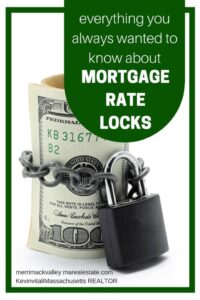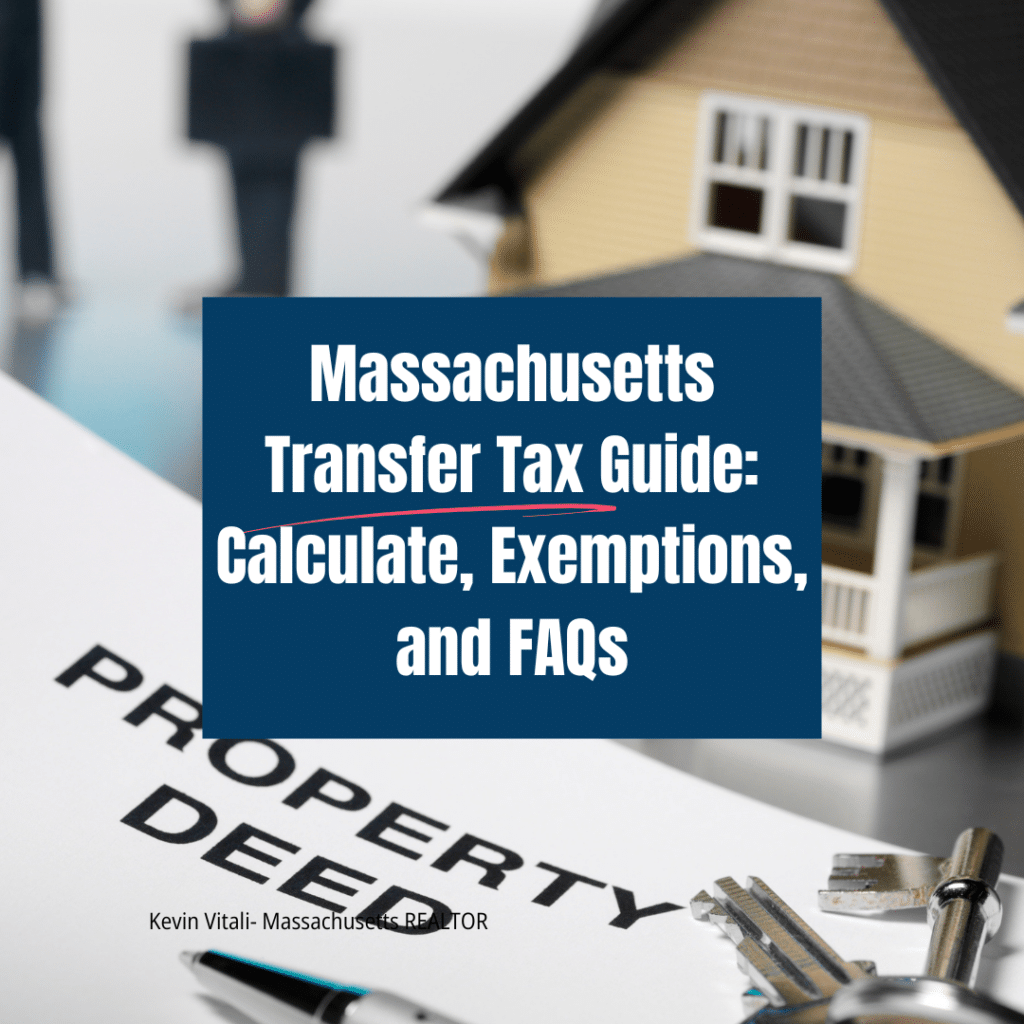 When purchasing a home you are going to run into the term RATE LOCK. You most likely wont be asked about locking a rate until you have gone through the mortgage pre-approval process, found a home and have submitted a complete application.
When purchasing a home you are going to run into the term RATE LOCK. You most likely wont be asked about locking a rate until you have gone through the mortgage pre-approval process, found a home and have submitted a complete application.
What is a Mortgage Rate Lock
A Mortgage Rate Lock is typically just called a rate lock. It does not matter if it is a 30-year fixed, a 7/1 ARM, 15-year fixed etc… At some point, you will be offered a rate lock.
A rate lock is a guarantee from the bank to offer a mortgage applicant a certain mortgage rate for a specific amount of time. Typically you will see rate locks offered at 7, 15, 30, 45 and 60 days. The mortgage rate lock period can certainly vary from mortgage company to mortgage company. Sometimes you can get a mortgage rate lock on new construction for 90 days or more as well.
Rates fluctuate on a daily basis for the bank. This also means they will fluctuate for you from day to day as a borrower. Locking your rate will insure a guaranteed rate for a period of time.
If you do a short-term rate lock that will give you the lowest possible mortgage rate at that moment. A shorter period offers less risk to the bank, therefore they can pass some savings on to you.
Once you lock the rate on your mortgage your interest rate will be protected for that time period. If rates go up, you get the lower rate you locked previously.
5 Things You Should Know About a Mortgage Rate Lock
The Longer the Rate Lock the More You Pay
The longer the rate lock the more you pay. For every bump in the length rate lock period, you will pay a little bit more in basis points (percentage) or as a fee in part of your closing costs.
Today I checked with a local lender who offers a 15 thru a 60-day rate lock there was a .366 basis point difference in interest rate between the 15 and 60-day rate lock which would translate into about an1/8th of a point in the interest rate or if you paid upfront about $1080.
What if I Miss My Rate Lock Deadline?
Sometimes it is unavoidable and real estate closings get delayed.
A delay could cause you to miss your rate lock deadline. Some banks will let you extend for a fee and a rare few might offer a free extension. If you do miss your rate lock, plan on probably having to pay to extend.
It is a good practice to ask what the bank’s policy is on extending if you miss your mortgage rate lock deadline when you lock your rate. It is also important not to lock too early and only lock when you have a firm closing date.
Do I Have to Lock My Mortgage Rate?
You will eventually have to lock your rate. You can “float” your interest rate up until shortly before the closing. The bank needs four days to a week to prepare its closing documents. At that point, you will need to lock in an interest rate.
When you float your mortgage rate you take on the risk of the daily fluctuations in interest rates until shortly before you close on your mortgage. With a shorter lock-in period it also means less risk for the bank.
What if Mortgage Rate Go Down During My Rate Lock Period?
Technically, if you lock your rate you’re protecting your interest rate if rates go up.
On the downside, you really don’t know if rates will go up or down. If rates go down that puts you in an awkward position. Many banks offer what is called a “float down”. Occasionally the bank will give you a free float down but more often than not, you will be charged to exercise a float down.
A float-down will allow you to get the lower interest rate plus whatever they charge you for a float-down fee.
When Should I Lock My Mortgage Rate?
The earliest you can lock your rate is upon a completed mortgage application. Realize that it could take months to find a house after completing the application.
It is probably not wise to lock your rate until you have a house under contract, since you may have to pay for an extension. Once you have a firm closing date on a home is the time to consider locking in your interest rate. I would also suggest locking rate for one period longer than you think you need to avoid any issues with your mortgage rate lock.
Final Thoughts on Mortgage Rate Locks
When shopping lenders find out what their policies are for rate locks, rate lock extensions and float downs. Knowing your lender’s policies and charges up front will avoid any misunderstanding and disappointment later on. Policies can vary drastically from lender to lender.
Remember mortgage interest rates fluctuate daily. Most likely there will not be wild spikes in the interest rate during the period you are in escrow on your home or during your refinance. Though occasionally we do see some craziness in interest rates, it is quite rare. Floating your loan does carry some risk in a rise in interest rates.
Lock your interest rate and be happy with the rate you locked in or float your interest rate and take your chances….It is completely up to you as the borrower when to lock your rate. Know that no one has a crystal ball and can tell you with certainty where rates will go during your rate lock period. While you may ask opinions of where interest rates are headed it is purely speculative.
When you lock your rate make sure you retain your copy of the rate lock agreement. If you get to the closing table and your interest rate is different than what you locked in, you have the paperwork to prove it.
As a final note be pretty confident of your closing date before you lock to avoid any problems that can arise from missing your rate lock deadline.
Other Mortgage Resources:
- Kyle Hiscock- Top FAQ’s Regarding Mortgages
- Joe Samson- 34 Top Mortgage Professionals Give Their Top Advice
- JustClose- How To Pay Your Mortgage Faster
- Anita Clark- 3 Tips on Selecting Your Mortgage Lender
This post, Everything You Wanted to Know About Your Mortgage Rate Lock and More!!, was provided by Kevin Vitali of EXIT Group One Real Estate. Kevin is happy to answer any of your questions regarding the sale or buying of a home and can be reached at 978-360-0422 at anytime.
Real Estate Services in the following areas: Northeast Massachusetts, Merrimack Valley, North Shore and Metrowest. Including the following communities and the surrounding area- Amesbury, Andover, Billerica, Burlington, Chelmsford, Dracut, Groveland, Haverhill, Lowell, Melrose, Merrimac, Methuen, Middleton, North Andover, North Reading, Reading, Stoneham Tewksbury, Tyngsborough, Wakefield, Wilmington, Westford




